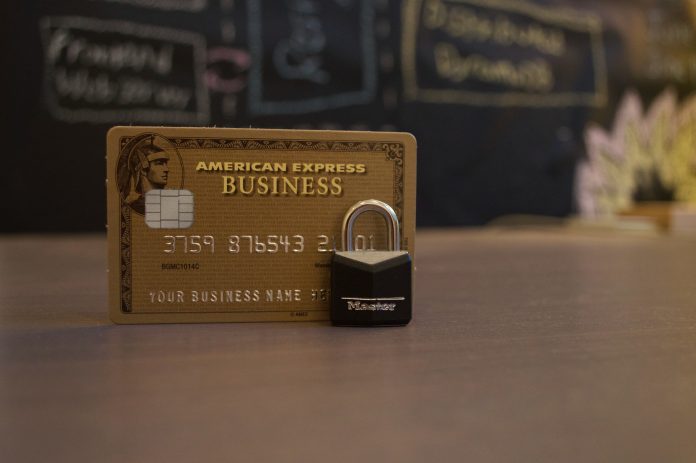An estimated 46% of small businesses use personal credit cards to fund their operations, and many enterprises fail to separate personal and business expenses. This can have serious consequences leading to poor credit ratings, difficulties with tax declarations, and inaccessibility to securing new loans. Thus, separating your business and personal credit is vital to ensure continuous access to funds and financial opportunities to grow your business as well as to protect your personal finances.
Register Your Business as a Legal Entity
The first step to drawing the line between business and personal funds is to register your enterprise. You can do this by becoming a single proprietor, LLC, or S-corp. Each type of business entails submitting required documents to the state or the government.
If you are unsure as to what type of business structure you would like to choose, do your research or talk to a professional. Note that in addition to listing a business name, you should also register with the tax revenue authorities especially if you have employees or partners or associates. You may also need to get a tax permit if you are going to collect sales tax from clients. Compliance with local, state, or federal income and tax laws should also be followed.
Open a Business Bank Account and Obtain Credit
Now that you have registered your activity, opening a business account is the next important step. Some banks may require an Employer Identification Number (EIN) before issuing a business account. Opt for a current and savings account to conduct all of your transactions.
Once your bank accounts are active, finding ways to finance your business activities is another vital step. You can apply for a loan or business credit cards at the same bank where you have your accounts. Business credit cards are practical since they enable you to separate business and personal expenses. They also offer merchandise discounts. Approaching financial institutions for business loans is also another method of receiving funds for your business. Shop around for the best terms and rates before signing a loan or credit agreement.
Streamline Accounting Procedures
Keeping a tight lid and a good overview of your finances is critical in any entrepreneurial activity. Without good accounting and monitoring procedures, you are going to lose money and at worst, go under. There are several ways to do this including making use of a reliable accounting software that will classify and monitor your expenses.
It will also ensure that you are meeting your payments for loans or credit on time. Missing payments is bad for your business credit score and naturally, you will want to build a healthy credit rating. Creditors also make sure that borrowers meet their obligations and assess their credit worthiness on an ongoing basis. Hence, it is in your interest to keep track of income, expenses, and pay back loans on time.
Splitting business and personal credit may sound cumbersome in the beginning as it can entail complying with administrative procedures and lots of paperwork. However, the benefits are greater because it allows you to build a healthy business credit rating that will open doors for new financial sources should you need to inject fresh money for your enterprise.
Find a Home-Based Business to Start-Up >>> Hundreds of Business Listings.

















































